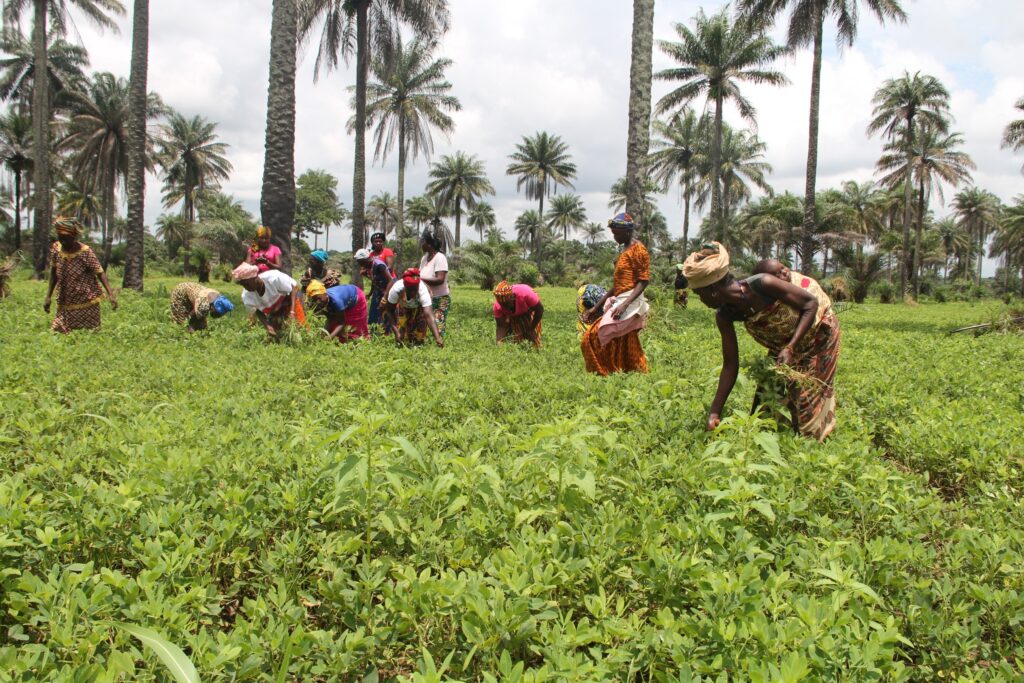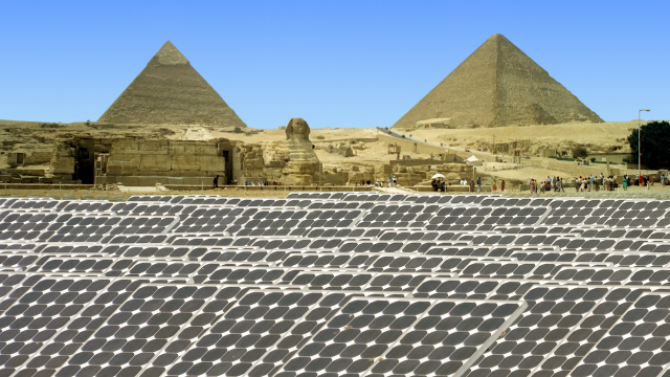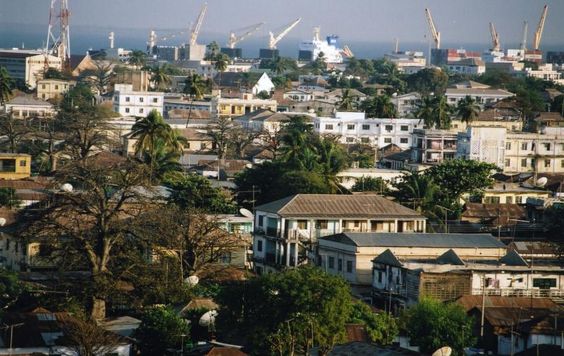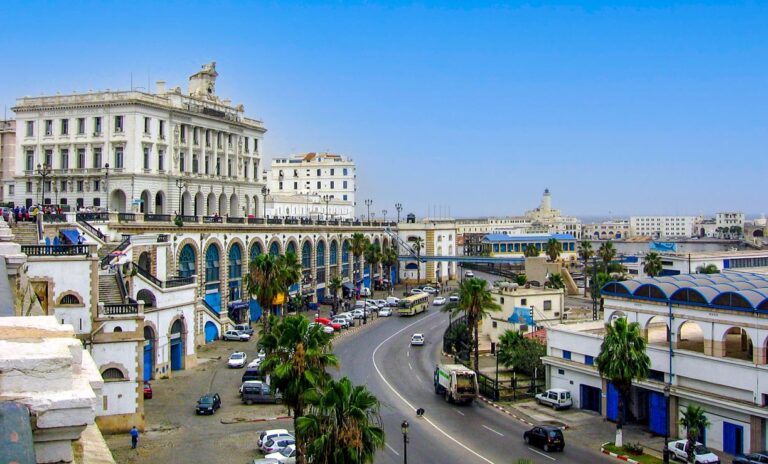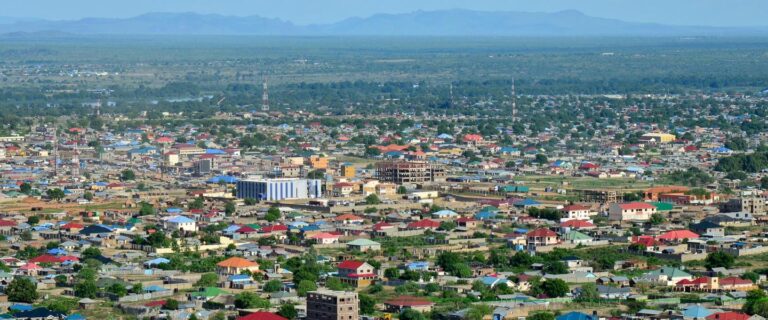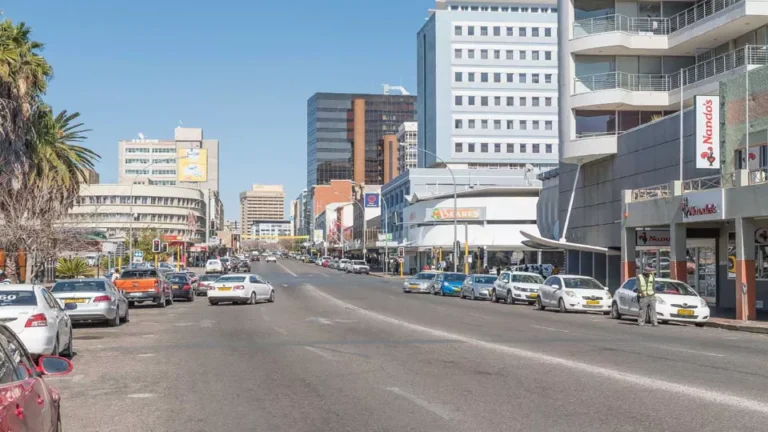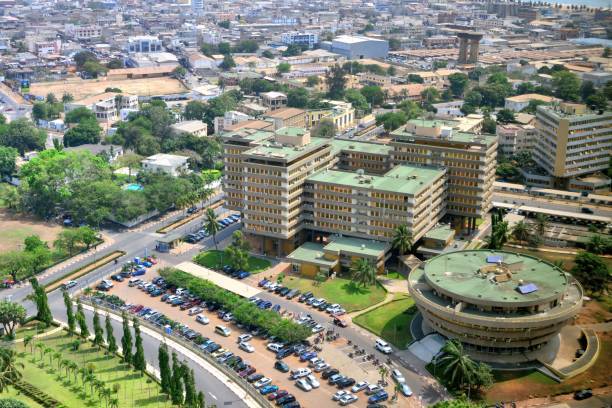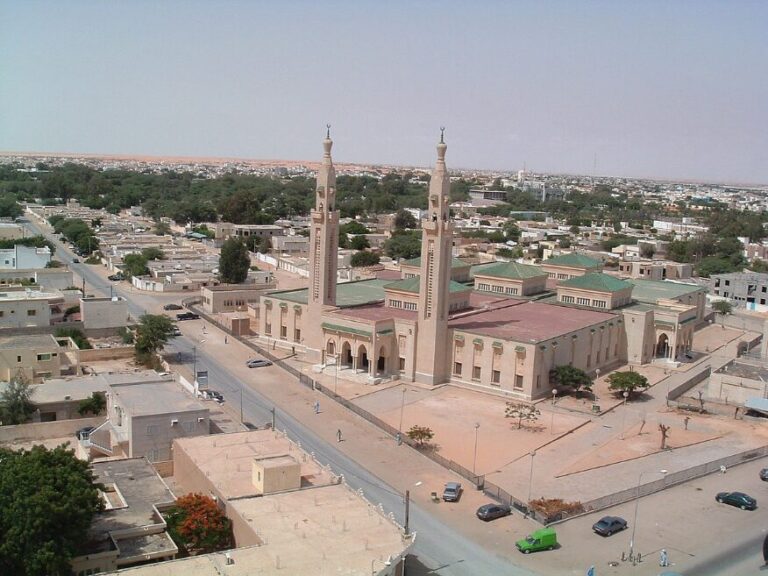The Gambia, officially the Republic of The Gambia, is a country in West Africa, whose capital is Bangui. It is the smallest country within mainland Africaand is surrounded by Senegal, except for its western coast on the Atlantic Ocean. The Gambia is situated on both sides of the lower reaches of the Gambia River, the nation’s namesake, which flows through the center of the Gambia and empties into the Atlantic Ocean.
It has an area of 10,689 square kilometers (4,127 sq mi) and the current population of Gambia is 2,620,150 as of Monday, July 3, 2023, based on Worldometer elaboration of the latest United Nations data.
Adama Barrow (born 15 February 1965) is a Gambian politician and real estate developer who has served as President of the Gambia since 2017.
The economy of the Gambia is heavily reliant on agriculture. The Gambia has no significant mineral or other natural resources and has a limited agricultural base. About 75% of the population depends on crops and livestock for its livelihood. Small-scale manufacturing activity features the processing of peanuts, fish, and animal hides. The country is highly dependent on foreign aid.
Its main exports are peanuts, fish, cashew nuts, mango, various vegetables, and sesame. The country’s main imports are food, fuel, and machinery.
The Gambia’s economic freedom score is 58.0, making its economy the 102nd freest in the 2022 Index. The Gambia is ranked 14th among 47 countries in the Sub-Saharan Africa region, and its overall score is above the regional average but below the world average.
Two-thirds of Gambia’s population is under the age of 25. But the youthful population faces a struggling economy and high unemployment, so it’s no surprise that migration has been a long tradition.
The Gambia follows the 2030 Agenda to build its sustainability development.
The Gambia 2050 Climate Vision is a national strategy targeting that in 2050, the country aspires to be a climate-resilient, middle-income country through green economic growth supporting sustainable, low-emissions development, contributing its fair share to global efforts to address climate change. The purpose of the 2050 Climate Vision outlined in this document is to provide such a roadmap. The vision will also assist the country in making the right investment decisions regarding where scarce resources should be deployed.
Business opportunities in Gambia
The Gambia is encouraging investment across all sectors. Target sectors for investment include Agribusiness, ICT, Renewable Energy, Light Manufacturing, Transport, and Tourism. The Gambia has a very favorable investment climate, with relatively low taxes
